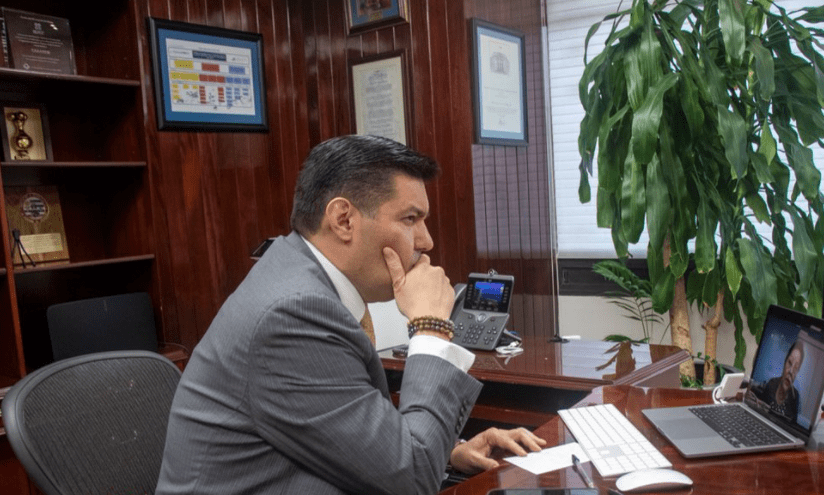To the question of Who is a customs agent ?, the United Nations Economic Commission for Europe (UNECE) gives the following explanation.
Customs brokers are defined in the Revised Kyoto Convention (CKR) as «third parties» in the sense of any person who, acting on behalf of another person, deals directly with Customs in relation to the import, export, movement or storage of goods. .
Indeed, that definition and the rest of the explanations presented here are part of the Trade Facilitation Implementation Guide (TFIG).
In turn, the TFIG was developed by UNECE, with the contribution of its United Nations Center for Trade Facilitation and Electronic Business (CEFACT/UN) and the support of the Swedish International Development Cooperation Agency.
Who is a customs broker?
Furthermore, hiring a specialized agent or customs broker to carry out the sometimes complex clearance formalities is a useful and completely legitimate business decision.
However, many countries have regulations that require importers and exporters to hire professional customs brokers who are authorized to handle customs matters.
Customs administrations justify this regulation on the need to improve compliance.
But such mandatory use of agents increases the cost of trading, and the requirement to hire exclusively licensed agents limits competition in this business sector.
Implementation Guide
As stipulated in Standard 8.1 of the Revised Kyoto Convention, importers, exporters and any other interested person may choose to conduct their business with Customs directly or by appointing a third party to act on their behalf.
This freedom of choice will lead to a healthier business environment, where competition will lead to fair service charges that will help reduce the cost of trading internationally.
In accordance with Standard 8.3, people who decide to carry out customs operations on their own will not be subject to less favorable treatment than those who are represented by a specialized agent or customs agent.
Customs can determine the conditions under which a person can act as a specialized agent or customs agent; however, the conditions must be justified by national legislation, not only by the bulletins issued by Customs.
Also, conditions may include, for example, age, education, address of established business, professional aptitude, etc.
Customs may require the customs broker to pass an official examination before obtaining registration from it.
In this and all other cases, Customs must cooperate with the Chamber of Commerce and other relevant associations to offer training on customs matters.
![]()

